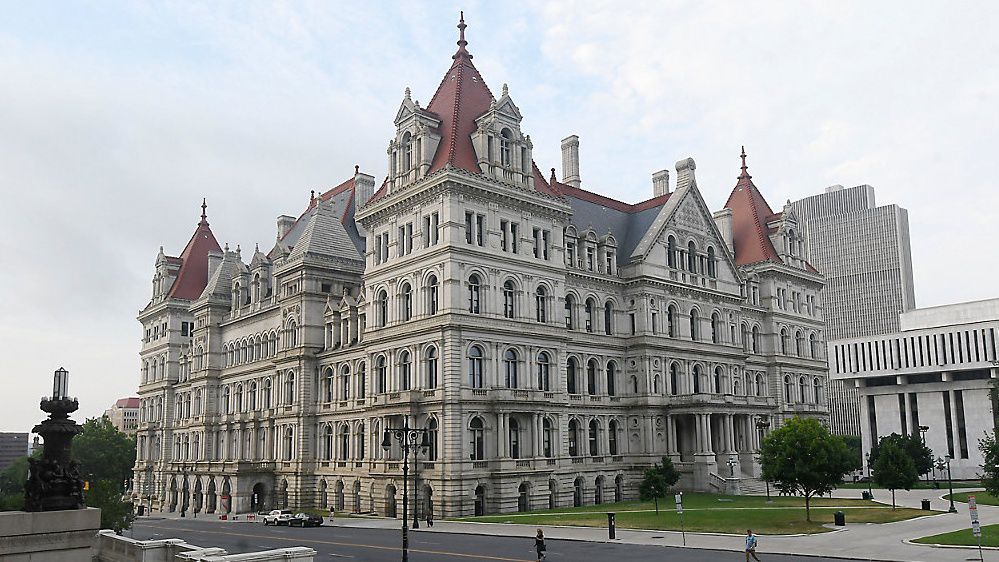New York lawmakers and advocates held a press conference on Wednesday, calling on Governor Andrew Cuomo to sign four pieces of legislation passed in July.
The Driver’s License Suspension Reform Act would end the practice of suspending a person’s driver’s license if they cannot afford to pay their traffic fines.
“To take someone’s driver’s license away as a punitive measure is not only antiquated and archaic and behind the times ,but it becomes a civil rights issue,” Senator Tim Kennedy explained.
Antonya Jeffrey, the New York Deputy Director at the Fines and Fees Justice Center says states like Montana, Mississippi, and California already have similar laws on their books.
“It comes by no surprise that these suspensions have a disparate impact on low income communities and people of color,” Jeffrey said. “Many of whom are on the front lines right now as essential workers helping us through this pandemic. New York was overdue for this reform before COVID-19.”
Lawmakers are also pressuring the governor to sign a bill, the Protect Our Courts Act, which would ensure undocumented immigrants can go to court without immigration enforcement arresting them; as well as the Contact Tracing Confidentiality Act, which would prohibit ICE from having access to contact tracing data.
“We learned many years ago, over 30 years ago, in the early days of the HIV pandemic that if we wanted people to come forward and get tested and get treated we had to provide them with extra, statutory protection,” Assembly Health Committee Chair Richard Gottfried explained. “With contact tracing for COVID-19, people don’t want their private information handed over to the police.”
Finally, the Proximity Bill would require the State Department of Corrections to move incarcerated parents to a state prison closest to where their children live.
According to Assemblywoman Nily Rozic, more than 100,000 children in New York have a parent that is currently incarcerated.
“It also helps with recidivism,” Rozic said. “They say that if an incarcerated parent does not get visited, he or she has a 50% chance of making parole within the next year. That number jumps to over 70% with just three visits.”
These four bills passed both houses in July and now just need the governor’s approval. During session, the governor has 10 days to sign legislation once it hits his desk.
The legislature has to send all the bills to the governor by the end of the year.
The Governor's senior advisor, Richard Azzopardi, sent a statement in response saying, "These are among the more than 400 bills that passed both houses of the legislature and some of them aim to merely codify what is current practice. They remain under review by counsel's office."



